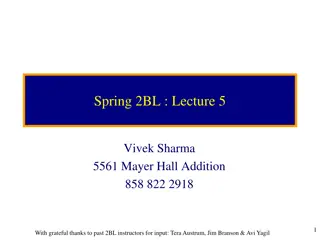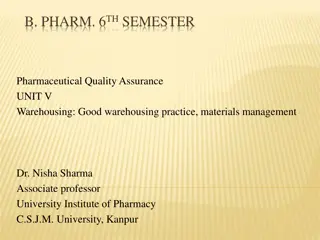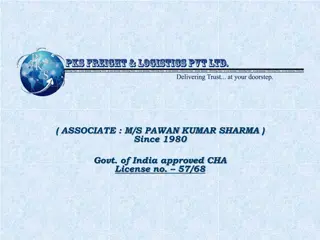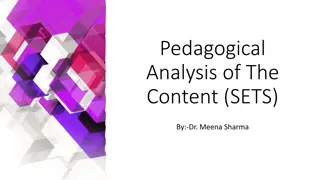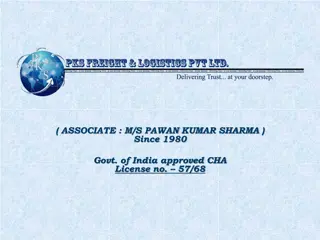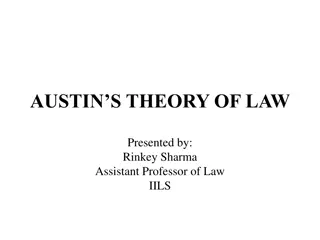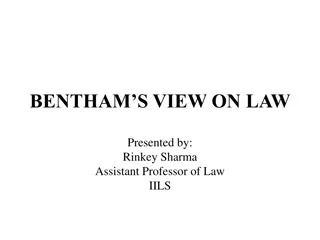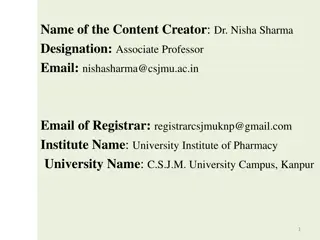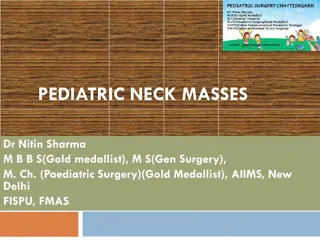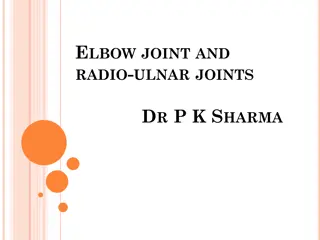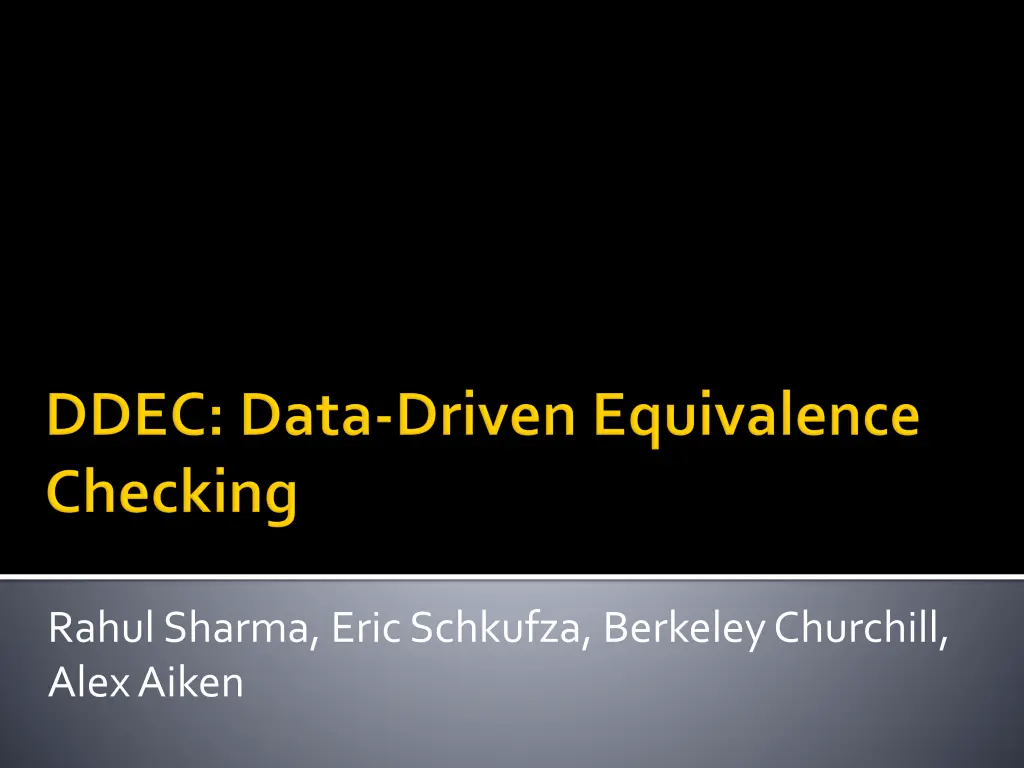
Equivalence Proofs for Programs and Binaries
Explore the challenges in proving equivalence between programs and binaries, using compiler optimizations, refactorings, and decision procedures. Learn about inferencing invariants, synchronization points, and simulation relations, and the role of compilers in this process. Dive into techniques for detecting synchronization points and inferring invariants from observed data values in the context of program verification.
Download Presentation

Please find below an Image/Link to download the presentation.
The content on the website is provided AS IS for your information and personal use only. It may not be sold, licensed, or shared on other websites without obtaining consent from the author. If you encounter any issues during the download, it is possible that the publisher has removed the file from their server.
You are allowed to download the files provided on this website for personal or commercial use, subject to the condition that they are used lawfully. All files are the property of their respective owners.
The content on the website is provided AS IS for your information and personal use only. It may not be sold, licensed, or shared on other websites without obtaining consent from the author.
E N D
Presentation Transcript
Prove two programs are equivalent Compiler optimizations Validate refactorings Cross checking different implementations Old and well studied problem Undecidable in general Major challenge: prove equivalence of loops Straight line programs relatively easy
Prove equivalence of two binaries Trustworthy Compiler CompCert, gcc O0 ? while Confidence of ?, Performance of ? Optimizing Compiler gcc O3, icc O3 ?
Decompose proof Rewrite ? a Target ? movq 8(rsp), r9 a movq 8(rsp), rdi #rdi != 0 #r9 != 0 b b decq r9 retq movq 8(rsp), rdi decq rdi movq rdi, 8(rsp) retq c c ??: states equal ??: 8(rsp)=rdi=r9 ??: live out equal
Given a simulation relation, proofs for loops reduce to proofs for loop free fragments Use decision procedures Main challenge: infer a simulation relation Infer synchronization points Infer invariants We use compilers as black boxes Mine relations from concrete executions
Attempt to detect synchronization points Number of times program points are executed Rewrite ? n Target ? movq 8(rsp), r9 movq 8(rsp), rdi #rdi != 0 n+1 #r9 != 0 n+1 decq r9 retq movq 8(rsp), rdi decq rdi movq rdi, 8(rsp) n retq 1 n
Invariants are restricted to equalities Infer invariants from observed data values Target ? 8( 8(rsp rsp) ) rdi rdi movq 8(rsp), rdi #rdi != 0 2 2 1 1 movq 8(rsp), rdi decq rdi movq rdi, 8(rsp) retq 0 0
Invariants are restricted to equalities Infer invariants from observed data values Rewrite ? 8( 8(rsp rsp) ) rdi rdi r9 r9 movq 8(rsp), r9 2 2 2 1 1 1 #r9 != 0 0 0 0 decq r9 retq ? 8 ??? = ??? ??? = ?9
Query SMT solvers Incorporate counter-examples in relations Sound but not complete If checking succeeds then equivalent Can fail to infer a sound simulation relation
Prove equivalence of loops in two stages Infer simulation relation Check the inferred relation using SMT solvers Use runtime data for inference No change required to the compilers
M. D. Ernst, J. H. Perkins, P. J. Guo, S. McCamant, C. Pacheco, M. S. Tschantz, and C. Xiao. The Daikon system for dynamic detection of likely invariants. Sci. Comput. Program., 69(1-3):35 45, 2007 T. Nguyen, D. Kapur, W. Weimer, and S. Forrest. Using dynamic analysis to discover polynomial and array invariants. ICSE 2012 R. Sharma, A. V. Nori, A. Aiken: Interpolants as Classifiers. In CAV, 2012 E. Schkufza, R. Sharma, Alex Aiken: Stochastic Superoptimization . In ASPLOS, 2013. A.V. Nori, R. Sharma: Termination proofs from tests. ESEC/SIGSOFT FSE 2013 R. Sharma, A. Nori, A. Aiken: Bias-Variance Tradeoffs in Program Analysis. In POPL, 2014 (To appear).




